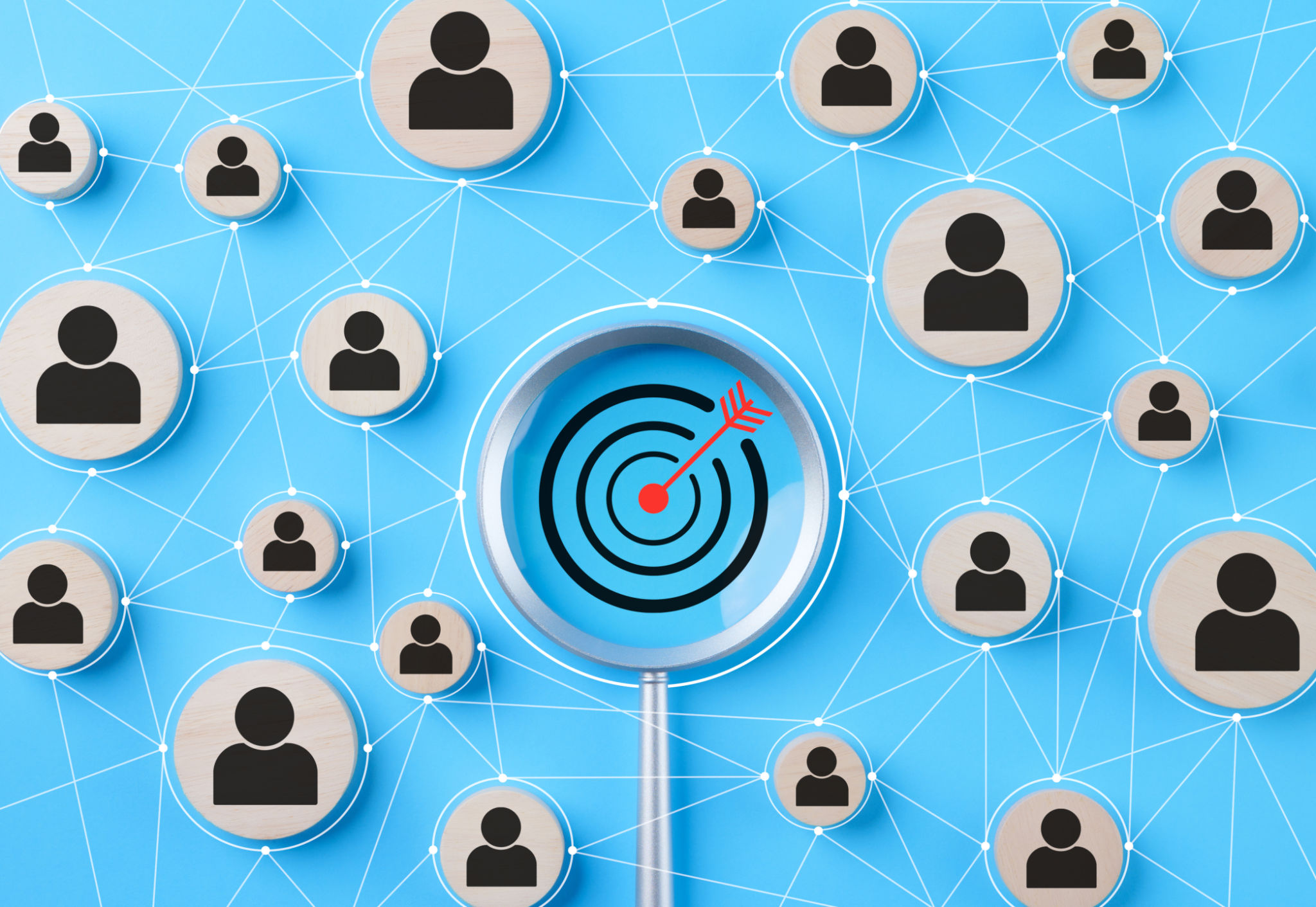Why Digital Marketing Experts in Nicosia Recommend Personalization for B2B Success
Understanding the Importance of Personalization in B2B Marketing
In the bustling business landscape of Nicosia, digital marketing experts are increasingly turning to personalization strategies to drive B2B success. Personalization is no longer a luxury; it's a necessity. It allows businesses to create tailored experiences that resonate with individual clients, enhancing engagement and fostering long-term relationships.
Personalization in B2B marketing involves more than just addressing clients by their names. It requires a deep understanding of their needs, preferences, and challenges. By leveraging data analytics and customer insights, businesses can deliver content and solutions that are highly relevant to their audience. This approach not only increases the likelihood of conversion but also builds trust and loyalty.

Why Personalization Works
Personalization works because it aligns with the fundamental human desire for relevance and connection. When businesses demonstrate an understanding of their clients' unique needs, they stand out from the competition. This is particularly crucial in the B2B sector, where decision-making processes are often complex and involve multiple stakeholders.
A personalized approach can significantly shorten sales cycles by ensuring that the right message reaches the right person at the right time. It also enhances customer satisfaction by offering solutions that are precisely tailored to address specific pain points. Therefore, businesses that invest in personalization strategies are more likely to see higher ROI and improved customer retention rates.
Implementing Personalization Strategies
To effectively implement personalization in B2B marketing, companies need to adopt a data-driven approach. This involves collecting and analyzing customer data to identify patterns and preferences. Tools like CRM systems and marketing automation platforms can be invaluable in this process.
- Segment your audience based on key characteristics such as industry, company size, and past interactions.
- Create targeted content that addresses the specific needs of each segment.
- Utilize personalized email campaigns to nurture leads and strengthen relationships.

Challenges and Considerations
While personalization offers numerous benefits, it also presents certain challenges. One of the primary concerns is data privacy. Companies must ensure that they are compliant with regulations such as GDPR when collecting and using customer data. Transparency and consent are key factors in maintaining trust.
Another challenge is the need for robust technology infrastructure to support personalization efforts. Businesses must invest in advanced tools and platforms capable of handling large volumes of data and delivering personalized experiences at scale. Despite these hurdles, the rewards of successful personalization far outweigh the challenges.

The Future of Personalization in B2B Marketing
As technology continues to evolve, the scope for personalization in B2B marketing will expand. AI and machine learning will play pivotal roles in enhancing personalization capabilities, enabling businesses to predict customer needs with greater accuracy and deliver highly customized experiences.
Nicosia's digital marketing experts foresee a future where personalization becomes even more sophisticated, allowing businesses to forge deeper connections with their clients. The key to success will lie in staying ahead of technological advancements and continuously refining personalization strategies to meet evolving customer expectations.
In conclusion, personalization is a powerful tool for B2B success in Nicosia. By embracing this approach, businesses can not only differentiate themselves in a competitive market but also build lasting relationships with their clients. As the digital landscape continues to change, those who prioritize personalization will be well-positioned to thrive.